Renting Fleets vs. Buying Fleets: What's Best for You?
- Julius Caturas
- Feb 6
- 3 min read
Making the Right Choice for Your Business’s Growth, Budget, and Flexibility.

Managing a fleet is a significant investment for any business, and choosing between renting and buying vehicles is a critical decision that can impact your operations and finances. Each option has its advantages and drawbacks, and the best choice depends on your company's specific needs and circumstances. Let's explore the pros and cons of renting vs. buying a fleet, and what's best for your business:
How to Choose: Renting vs Buying
When deciding whether to rent or buy, consider the following:
You should rent your fleet if:
You want to minimize upfront costs: Renting requires little to no initial investment, freeing up capital for other business expenses like growth, hiring, marketing, etc.
Your business has fluctuating demand: If your business has busy seasons or short-term projects, renting lets you scale up or down whenever needed without being stuck with, or scurrying for extra vehicles.
You need flexibility: Renting gives you access to newer, fuel-efficient vehicles without worrying about depreciation or resale value. Not only that but being able to scale up or down without the hassle of buying or selling vehicles saves you time and effort, especially if your business experiences seasonal demand, rapid growth, or fluctuating project needs.
You don't want to deal with maintenance and repairs headaches: Rental providers, such as Latium Fleet, handles all of the repairs, servicing, and vehicle replacements, so you're not stuck paying for surprise breakdowns or dealing with downtime.
You need a predictable budget: With fixed monthly rental costs, businesses can easily plan expenses without the uncertainty of large repair bills or vehicle replacements.
You'd rather focus on your business, not fleet management: When you rent, things like registration, insurance, and upkeep are handled for you, so you can concentrate on running your company instead of dealing with vehicle logistics.
You should buy your fleet if:
You plan on using the same vehicles for years: If your business relies on a fleet long-term and doesn't need frequent upgrades, buying could save you money in the long run.
You want full control over your vehicles: Owning means no mileage limits, no restrictions, and the free range to do whatever you would like to the vehicle. You won't have to worry about returning vehicles in "like-new" conditions, which is often required in rental agreements, saving you from extra fees or limitations. So If you value total freedom over your vehicles, then consider buying instead of renting.
You're looking to maximize long-term savings: While buying requires a higher initial investment, you won't have to deal with ongoing rental costs. Instead of making monthly payments indefinitely, you'll eventually own your fleet outright, reducing long-term expenses. Additionally, vehicles that are well-maintained can still hold resale value, allowing you to recover some of your investment when it's time to upgrade.
You want to take advantage of tax benefits: Owning a fleet comes with financial perks, including tax deductions for depreciation, interest on financing, and even certain maintenance costs. These deductions can help offset the costs of ownership, making it a financially smart choice if you can afford the upfront investment.
At the end of the day, renting is perfect for businesses that want flexibility, convenience, and less financial risk, while buying makes sense if you’re in it for the long run and need total control over your fleet. It all depends on what works best for your business.
